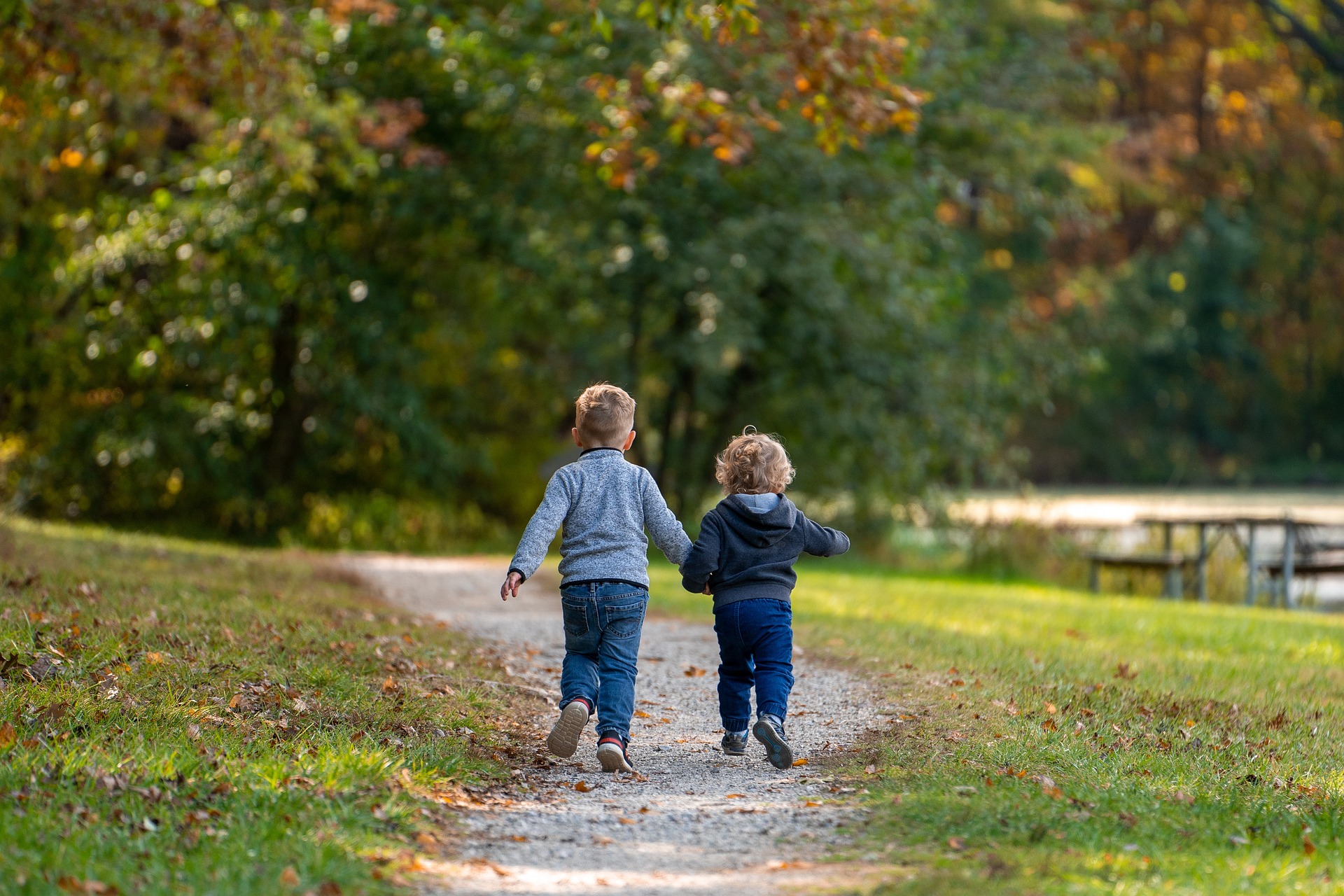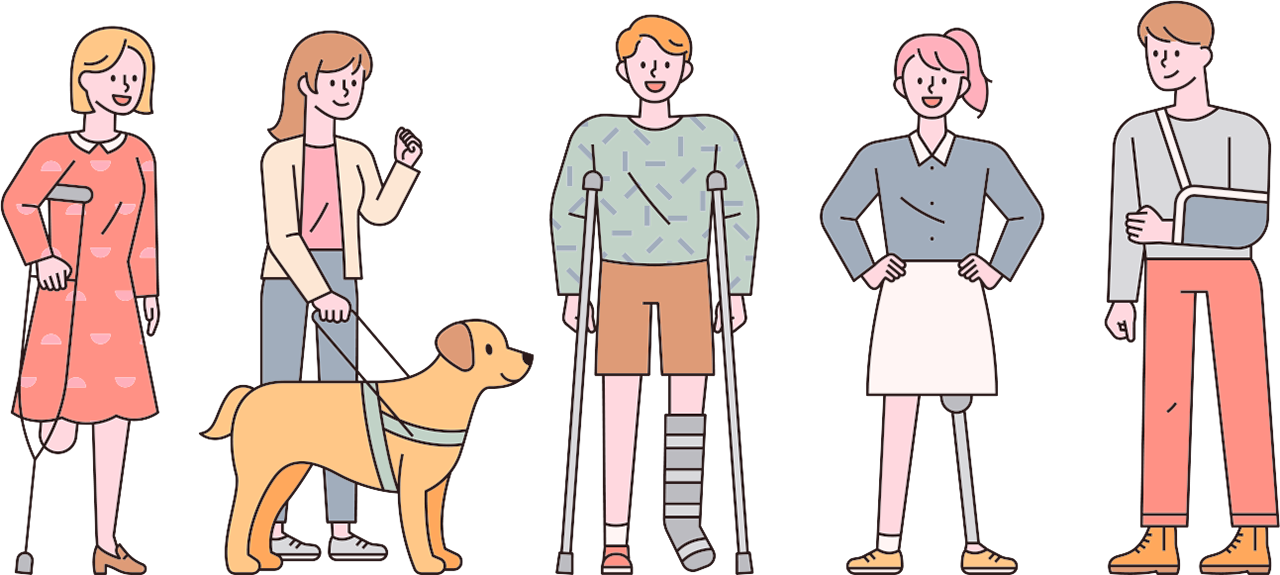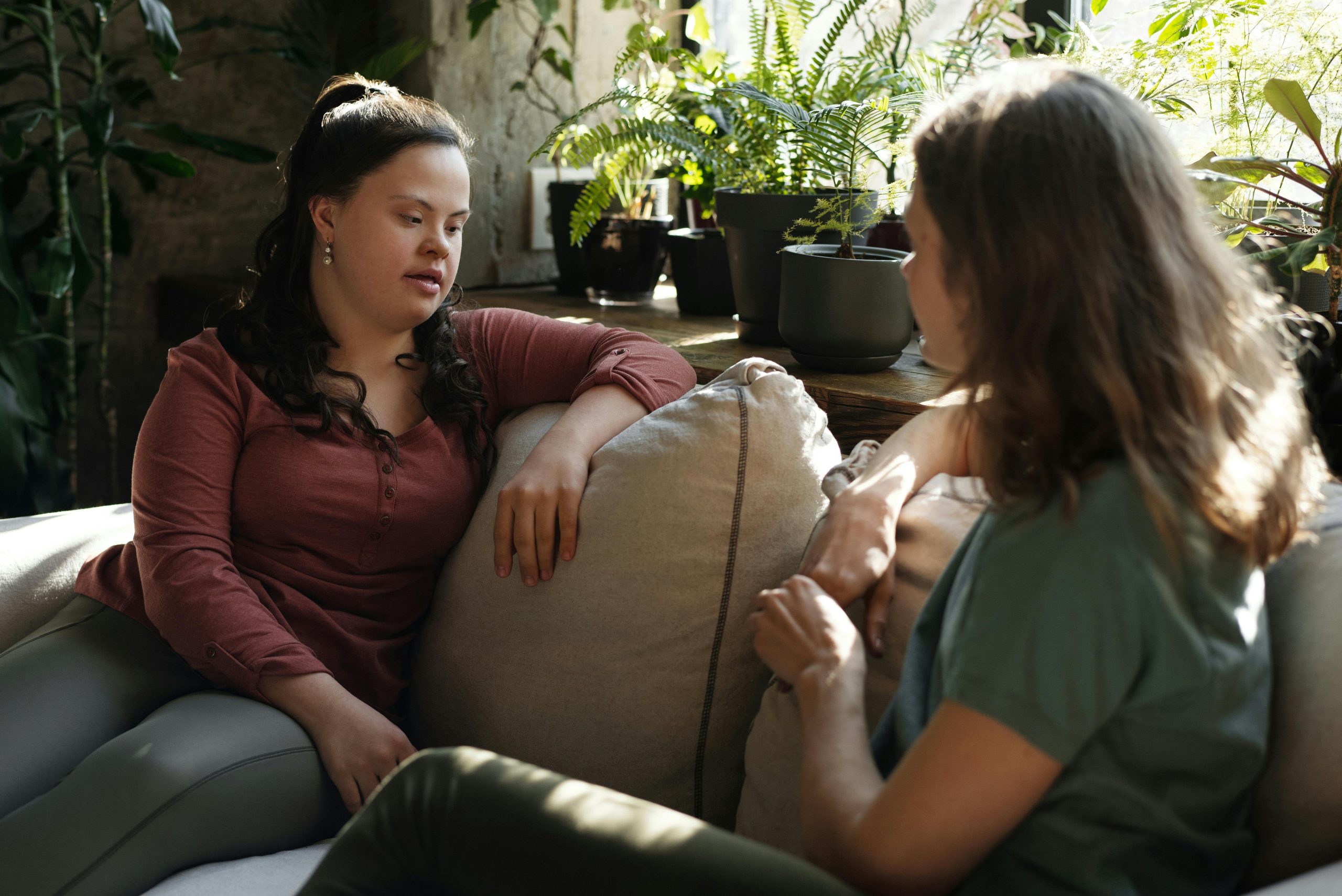
Playground memories
It happened when I was a kid. For a variety of reasons, he was not able to follow the curriculum well, so he attended classes primarily in the special class, and spent some non-core periods and lunch in the mainstream class. However, he was not very talkative, often spent a lot of time alone with his thoughts and found it very difficult to communicate his ideas. He would try to engage in conversation if there was a topic he was interested in, but most of the students avoided him because of his lack of communication and poor grooming.
I remember it was the day of someone’s birthday party. After it was over, we headed to the playground to wrap things up, and since we had a bit of time to kill before the next event, I started looking around for a way to spend it. I looked around. Everyone else at the party had left, and it was just me and my friend on the playground. We weren’t close, but we weren’t hostile either, so I approached him and suggested a simple game. We decided on an unusual looking stone, and one of us would hide it somewhere on the playground, and the other would find it. We also made another rule: we couldn’t hide it in the dirt, because we didn’t want the stone to be confused with any other stone.
This anecdote remains memorable to this day for two reasons. The first was the look on his face, and the second was his ability.
I had some idea of his surroundings, but it seemed like there was no one else around to play with. And he had never experienced the act of making new rules for play, coming to a consensus, and then enjoying them. At that moment, when he realized he was having fun, he was probably the happiest person in the world. Anyone who saw the look on his face could confirm this. I could see a smile on his face that I had never seen before, and have never seen since, and it was a scene that I will never forget with a sense of pride.
The play process, on the other hand, was a real surprise. The rock that was the centerpiece of the game, no matter how unusual, was just one of the rolling rocks on the playground, and we only briefly checked it before starting. But my friend was amazingly quick to find the hidden rock every time. I don’t know if it was because he was quick to spot the hiding place, or if he remembered all the features of the rocks, or both, but either way, it was a fascinating experience. He also knew the rules perfectly, putting me to shame as I asked him several times if he understood them.
Stereotypes and diversity
This is a relatively simple and universal experience, but i t resonated with me from a disability and diversity perspective. I think I had negatively labeled him based on his academics and performance. Even though it started out accidental, I realized that by showing a little interest, I could discover their explosive abilities. I realized that just by accepting others for who they are, I can bring out their potential.
It also suggests two directions of diversity. One is that people with disabilities and people without disabilities are the same people, and the other is that when we look at people with disabilities, we need to move away from the category of disability and focus more on the diversity of the individual.
Too often, the name of a person with a disability overshadows their abilities. “There is no job in the world where you have to be good at everything,”I was once told in a training program. As long as you have the ability to complete the tasks you are responsible for, the fact that you have a disability shouldn’t be a barrier to employment. Perhaps the biggest reason they are not able to fulfill their potential is the preconceived notion that they are disabled, rather than their abilities and essence.




